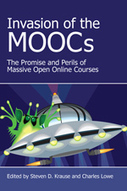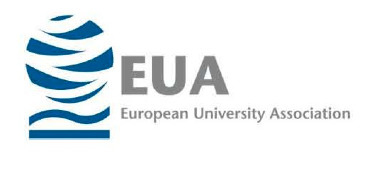Invasion of the MOOCs: The Promise and Perils of Massive Open Online Courses is one of the first collections of essays about the phenomenon of “Massive Online Open Courses.” Unlike accounts in the mainstream media and educational press, Invasion of the MOOCs is not written from the perspective of removed administrators, would-be education entrepreneurs/venture capitalists, or political pundits. Rather, this collection of essays comes from faculty who developed and taught MOOCs in 2012 and 2013, students who participated in those MOOCs, and academics and observers who have first hand experience with MOOCs and higher education. These twenty-one essays reflect the complexity of the very definition of what is (and what might in the near future be) a “MOOC,” along with perspectives and opinions that move far beyond the polarizing debate about MOOCs that has occupied the media in previous accounts. Toward that end, Invasion of the MOOCs reflects a wide variety of impressions about MOOCs from the most recent past and projects possibilities about MOOCs for the not so distant future.
Via Peter B. Sloep



 Your new post is loading...
Your new post is loading...










Great collection of essays on MOOCs.
Great lessons to learn for our South African Higher Education institutions who are embarking on e-learning and online-course alternatives. We do not have to commit the same mistakes.
The real story of moocs perhaps?
http://www.parlorpress.com/pdf/invasion_of_the_moocs.pdf